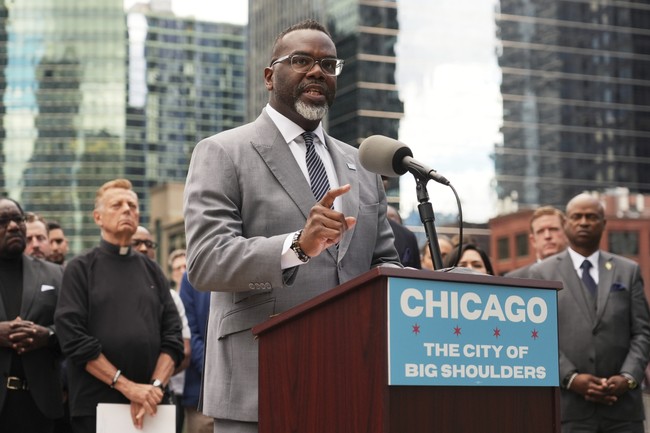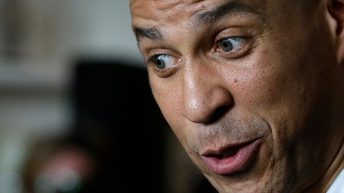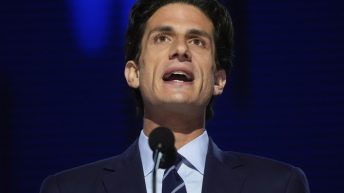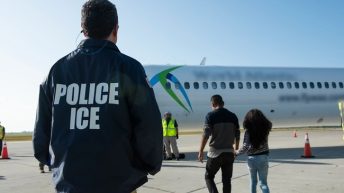Chicago Public Schools staff racked up a startling travel tab while students struggle, according to a recent Office of the Inspector General report that calls many expenditures “questionable, excessive and even exorbitant.” This article lays out what was reported, the scale of the spending spike, examples of lavish trips and how those choices sit against student performance and district finances.
Most educators go into teaching because they care about kids and learning, not for perks or luxury travel. Support staff often share that same mission, yet taxpayers expect public funds to be used responsibly. The OIG report exposes a mismatch between that expectation and what happened in Chicago, where spending on travel nearly doubled during the pandemic era.
Between 2019 and 2024 charges for airfare and hotels jumped from $3.6 million to $7.7 million, and pandemic relief dollars helped bankroll part of the increase. The watchdog labeled many of these charges “questionable, excessive and even exorbitant.” Those words raise serious questions about oversight when public money buys suite upgrades, limo rides and other splurges.
One complaint kicked off the probe: an elementary school paid a vendor more than $20,000 for staff travel to Egypt, a trip that was not properly approved and was canceled the day before departure. That red flag opened the door to a string of other questionable trips, some approved and many not, and a pattern of ignoring district rules to spend lavishly.
Examples in the report read like a travel brochure for people with expense accounts. Eight schools spent up to $140,000 on about 15 trips to places like Finland, Estonia, Egypt and South Africa, and only two of those excursions had proper approval. The listed activities included game-park safaris, hot-air balloon rides, camel rides and shopping—adventures that stretch the definition of professional development.
At least 600 employees attended a professional development conference in Las Vegas between 2022 and 2024, costing roughly $1.5 million in district funds. About 90 percent of those attendees stayed in hotel rooms that exceeded district spending caps, demonstrating a pattern of ignoring established limits and pushing taxpayer dollars toward luxury lodging.
Other reported destinations included Hawaii, Orlando, Disney World and Las Vegas, with instances of inflated fares, suite upgrades and other premium purchases. Some travel was not properly approved or documented, leaving taxpayers and watchdogs wondering who signed off and why the rules were bypassed repeatedly.
These spending choices warrant scrutiny because they happened while the district faces serious academic and financial challenges. As the new school year began, fewer than one in three CPS students were reading at grade level and only one in five were proficient in math. Those outcome figures do not square with a system that can afford world tours for some staff while many students fall behind.
Chronic absenteeism is another alarming part of the picture. In 2024 the district reported a 40.8 percent chronic absenteeism rate, defined as missing 10 percent or more of the school year. The rates were even worse for the students often described as most in need: 46.2 percent for black students, 42.5 percent for Hispanic students and 44.9 percent for low-income students.
At the same time, the district is confronting a roughly $734 million budget deficit, a gap that makes luxury travel look not just tone-deaf but potentially dangerous to core operations. When schools scramble to balance budgets and students face large learning gaps, chronically overspending on travel is a hard sell to taxpayers and parents alike.
The spending revelations also raise political questions about leadership and accountability. With local elected leaders’ approval ratings low and state officials debating policy priorities, voters have reasons to demand clear answers about who approved these trips and how oversight failed. Transparency and tighter controls are the obvious first steps.
There are straightforward reforms that can be adopted: enforce existing spending caps, require clearer approvals for out-of-country travel, and ensure pandemic relief funds are applied only to legitimate, documented needs. Families and taxpayers deserve a system where classroom outcomes, not exotic vacations, drive spending decisions.
Editor’s Note: President Trump is fighting to dismantle the Department of Education and ensure America’s kids get the education they deserve.





Add comment